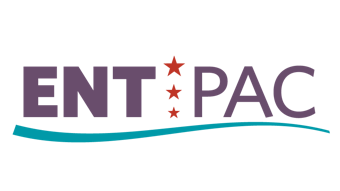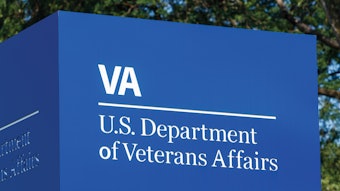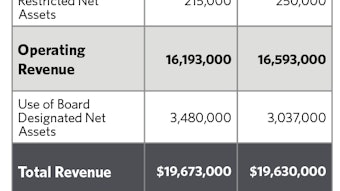Help Strengthen Our Specialty’s Voice: An Urgent Call to Action
At a time when advocacy has never been more important, active participation by our members is critical to planning and implementing successful strategies.
 James C. Denneny III, MD
James C. Denneny III, MD
AAO-HNS/F EVP/CEO
Current political conditions have resulted in an increased reliance on regulatory language and policies as the divisiveness of the federal legislative bodies make it very difficult to pass meaningful healthcare reform. This has been significantly worsened by the highest inflation rate in the last 40 years that makes “big ticket” items needed for healthcare much more difficult to pass. The house of medicine was blindsided by the Biden Administration’s regulatory interpretation of the “No Surprises Act” (NSA) that has opened the door for the insurance industry to lower provider fees, increase administrative burdens, and deny care as well as try to force providers to join their networks to avoid the out-of-network hassles contained in the NSA regulations. There were multiple lawsuits filed against these regulations, and the Academy joined in through an amicus brief to the AMA and AHA lawsuit. The first lawsuit filed by the Texas Medical Association (TMA) resulted in an initial ruling in favor of the TMA that would strike down provisions of the Independent Dispute Resolution (IDR) process. The Administration has announced it will appeal that ruling and the other pending lawsuits that await the outcome of the initial action.
Unfortunately, none of the lawsuits filed addressed the excessive and unnecessary administrative burden placed on medical providers as they deal with out-of-network, uninsured, and those patients who choose to be private pay even though insured. The Academy has individually and through coalitions opposed many facets of the Administration’s regulations and awaits the final set of rules. The “Good Faith Estimates” provisions alone will add hours a day to providers’ burdens as they attempt to deliver the most up-to-date care for patients across the spectrum of clinical disease. Many of these policies will disproportionately affect those patients with the least financial resources who are already struggling to get care in the current system.
At a time when advocacy has never been more important, active participation by our members is critical to planning and implementing successful strategies that will allow us to provide safe and effective care to patients regardless of their health plan or financial status. The expanding list of “experimental” or “investigational” descriptors added to the majority of new technology CPT codes, the increased number of procedures requiring pre-authorization, the denial of appropriate use of modifiers, and the overall administrative burden that has been transferred to individual practices is not sustainable over time and is inappropriately resulting in denial of medically necessary care. The recent revelation by The New York Times article, “Medicare Advantage Plans Often Deny Needed Care, Federal Report Finds,” describes the frequent denial of necessary care by Medicare Advantage plans as determined by federal investigation. The same situation is happening on the private insurance side as well and has increased since the release of the regulatory language by the Biden Administration for the implementation of the NSA. The final results of the lawsuits filed against the Administration over the regulations are still pending.
We need our members to send us information of any changes to your private insurance contracts related to these regulations including care denial, reimbursement decreases, narrowing of networks, and lists of procedures that will not be covered under any circumstance. We also need you to advocate with your state and federal legislative representatives when called upon and help support our specialty’s political advocacy. Without your help in strengthening our collective voice on these issues, our chances of reversing these detrimental policies are “slim to none.”





















